Ideas come from compassion
These two students are Nguyen Minh Quang and Trieu Viet Hoang. The idea of making smart bracelets originated from Minh Quang's story when he witnessed his neighbor Nguyen Van Thuong (in Yen Son town, Yen Son district) having to overcome many difficulties to make a living. Mr. Thuong is a blind person who works as an acupuncturist. Despite losing his sight, he still perseveres in working. In addition to his main job, Mr. Thuong also does farming and planting to support his family's economy .
Two authors of smart bracelets for the visually impaired. PHOTO: AN VY
"It was extremely difficult for him to move around and sometimes he suffered minor injuries due to the complex environment around him. The image of Uncle Thuong's resilience in the face of difficulties touched our hearts. From there, we came up with the idea of doing something to help blind people like him move around more easily and safely," Quang shared.
Quang said he wanted to create a device to replace the traditional walking stick, which is bulky and easy to lose. The idea is a small, smart bracelet that helps the blind sense obstacles through gentle vibrations. And so, with compassion and a passion for technology, the two students embarked on a journey to turn the idea into reality.
The classmates said they used Arduino-based ultrasonic sensor technology. The device works by emitting and receiving ultrasonic waves to calculate the distance to obstacles. When it detects obstacles such as walls, electric poles or objects, the bracelet will vibrate, alerting the user.
According to both, the device is compact, worn directly on the wrist, does not emit sound, is highly aesthetic and limits loss. In particular, with a price of only 150,000 VND/piece, this product is a low-cost technological solution, suitable for the economic conditions of the blind in Vietnam.
According to Quang, the practicality of the product lies in its simplicity but effectiveness, helping the visually impaired move more confidently in complex environments, from narrow village roads to crowded urban spaces.
One of the biggest challenges of the project was how to reduce costs while still ensuring quality. After a series of experiments, Quang and Hoang decided to choose Arduino technology to save on research costs, helping to lower product prices. The components used are easy to find, cheap and can be purchased in large quantities. The assembly process is optimized to ensure efficiency and simplicity, in line with the project's non-profit goals. "We want this product to reach as many visually impaired people as possible, especially those in difficult circumstances," Quang emphasized.
The product has gone through many improved versions. PHOTO: AN VY
"The eyes" of the less fortunate
Hoang said that the smart bracelet is not just a technology product but also has profound social value. The bracelet helps the visually impaired reduce their dependence on relatives, increase their independence and participate more actively in socio-economic activities. This not only improves their quality of life but also contributes to building a fair community where everyone has the opportunity to contribute and develop.
In terms of safety, the device provides early warning of obstacles, thereby reducing the risk of accidents when moving in public spaces, Hoang said. This not only protects users but also reduces pressure on the health system.
"When widely used, smart bracelets can create a chain of social values, from creating jobs in the production process to enhancing the culture of supporting the disadvantaged in the community. We hope to commercialize the product, export it internationally, and bring Vietnamese technology to the world . Hopefully, this bracelet will become a symbol of innovation and compassion, removing barriers for the visually impaired and opening up opportunities for integration in daily life," said Hoang.
Looking to the future, the two students are planning to integrate Internet of Things (IoT) technology and computer vision into the product. "We want to escape the limitations of current hardware, turning the device into a tool to collect and process information on the server. At that time, the bracelet will not only warn of obstacles but also be able to recognize fast-moving objects such as cars and motorbikes, helping the visually impaired to minimize their dependence on others," Hoang excitedly shared.
Source: https://thanhnien.vn/sinh-vien-lam-vong-deo-tay-thong-minh-cho-nguoi-khiem-thi-185250420194029015.htm


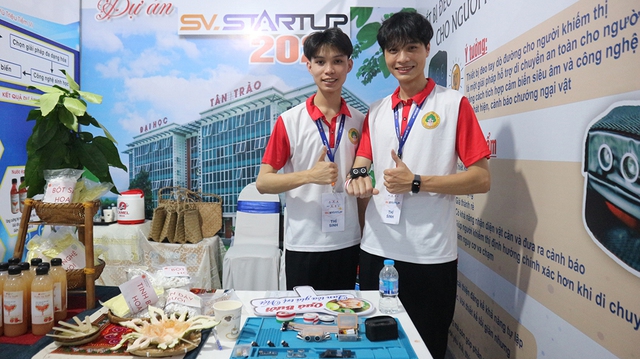
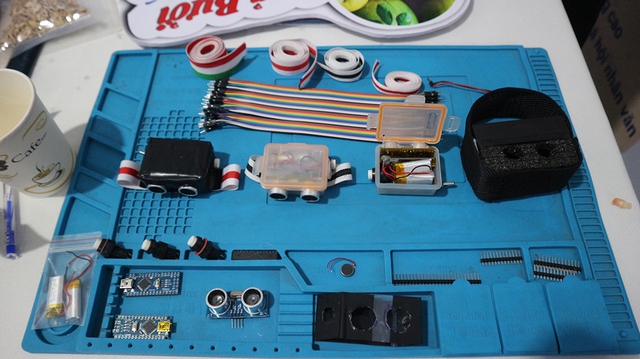
![[Photo] Prime Minister Pham Minh Chinh chairs the Government's online conference with localities](https://vphoto.vietnam.vn/thumb/1200x675/vietnam/resource/IMAGE/2025/10/5/264793cfb4404c63a701d235ff43e1bd)

![[Photo] Prime Minister Pham Minh Chinh launched a peak emulation campaign to achieve achievements in celebration of the 14th National Party Congress](https://vphoto.vietnam.vn/thumb/1200x675/vietnam/resource/IMAGE/2025/10/5/8869ec5cdbc740f58fbf2ae73f065076)
![[Photo] Opening of the 13th Conference of the 13th Party Central Committee](https://vphoto.vietnam.vn/thumb/1200x675/vietnam/resource/IMAGE/2025/10/6/d4b269e6c4b64696af775925cb608560)


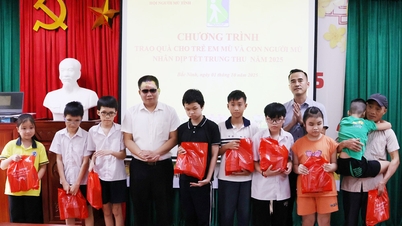

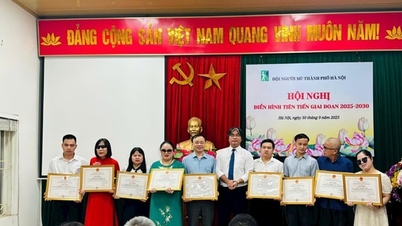


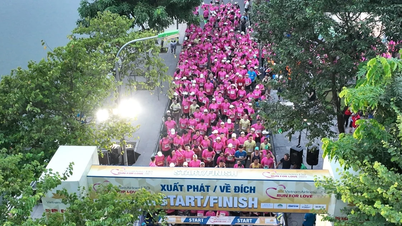


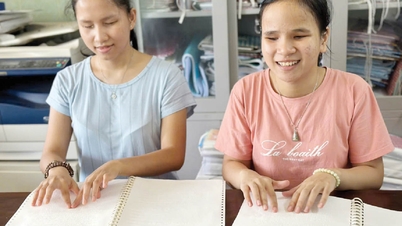






































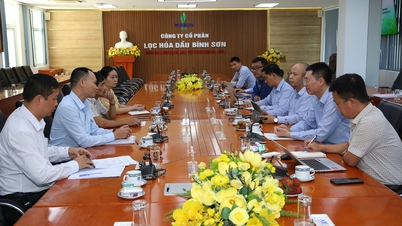

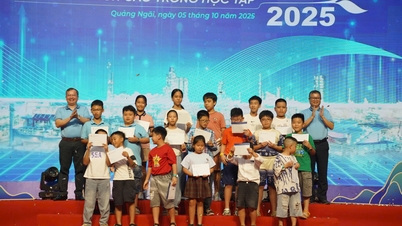


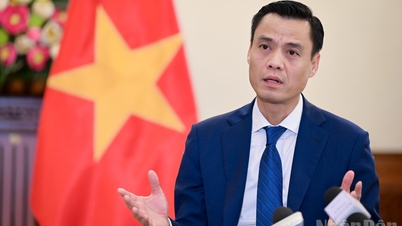



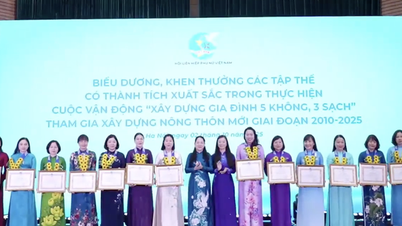







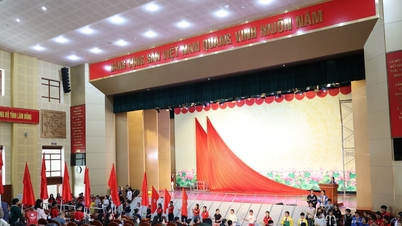

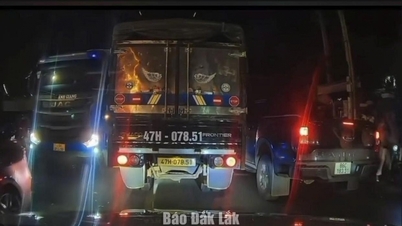


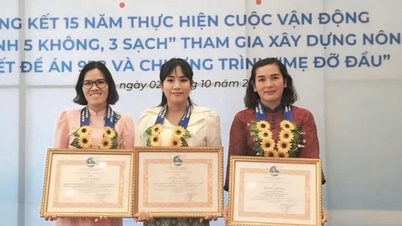


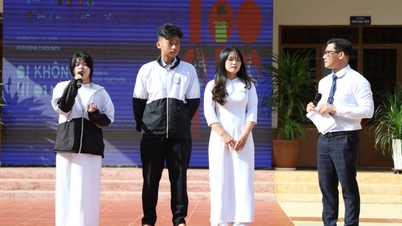












Comment (0)